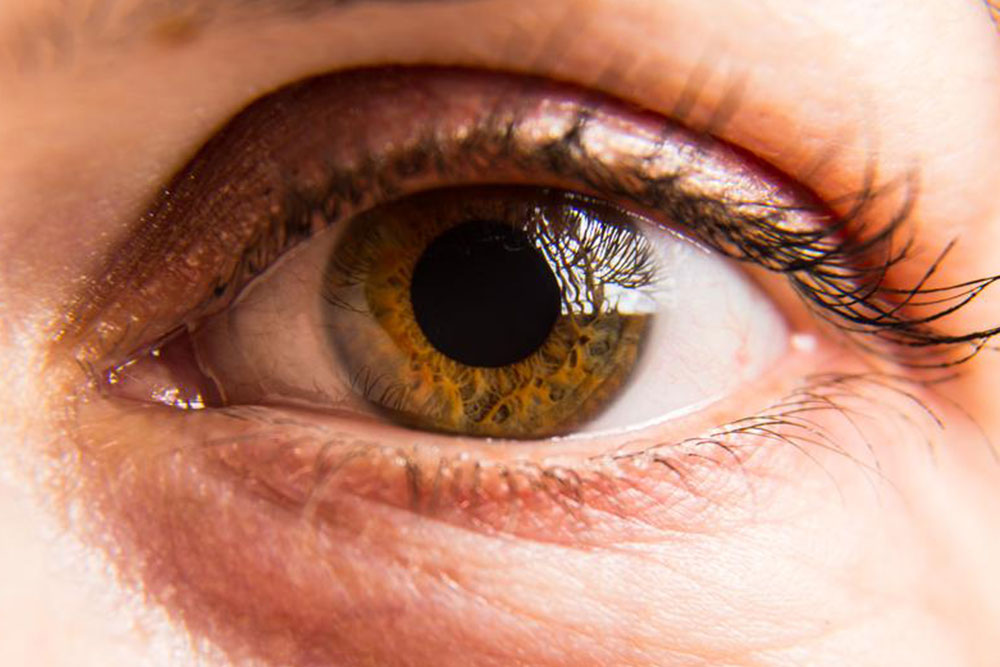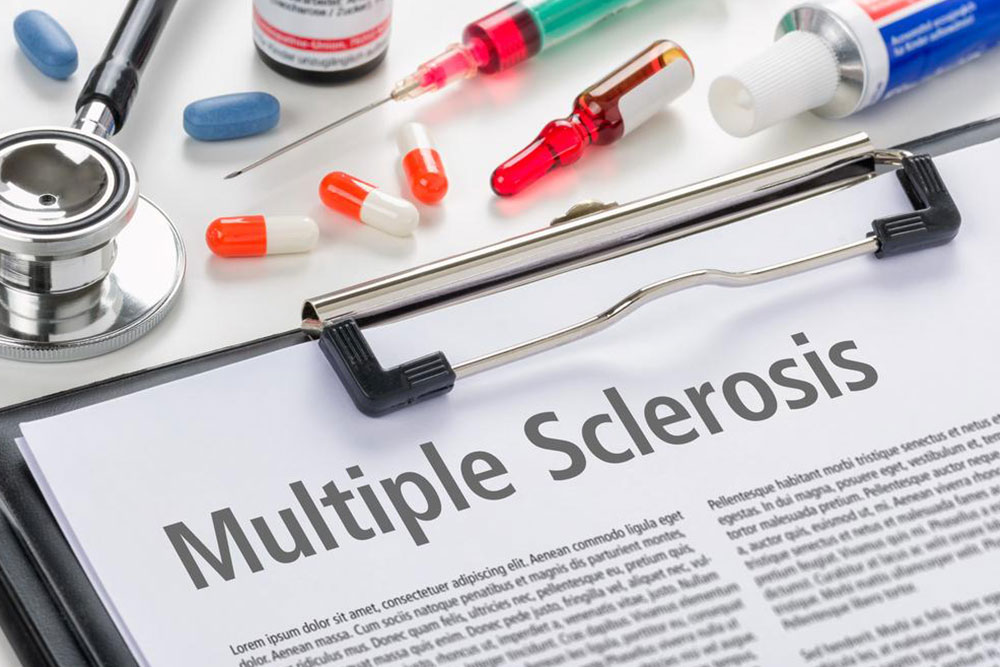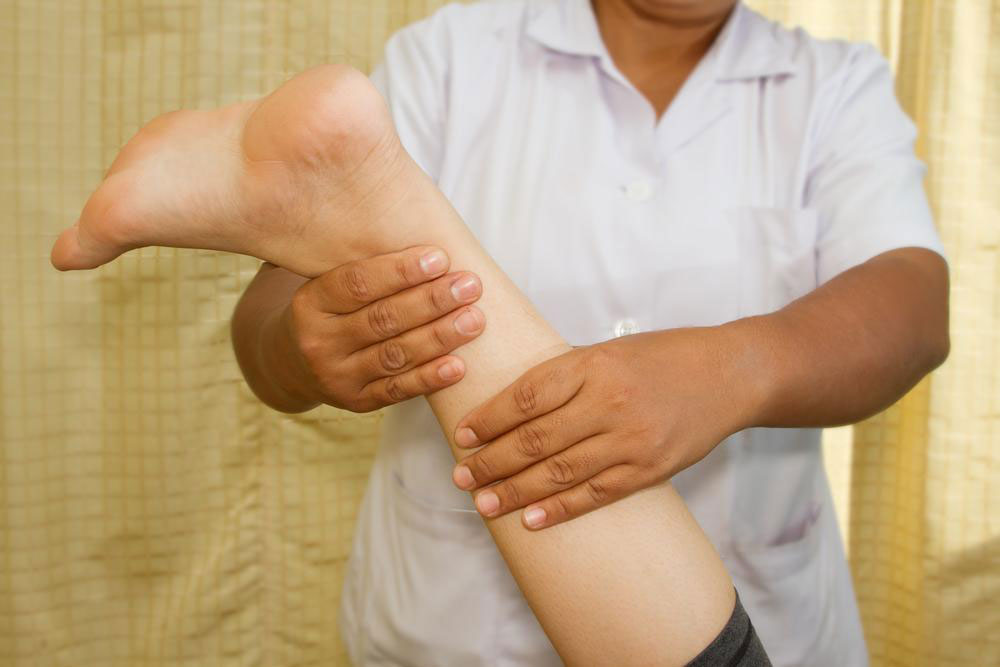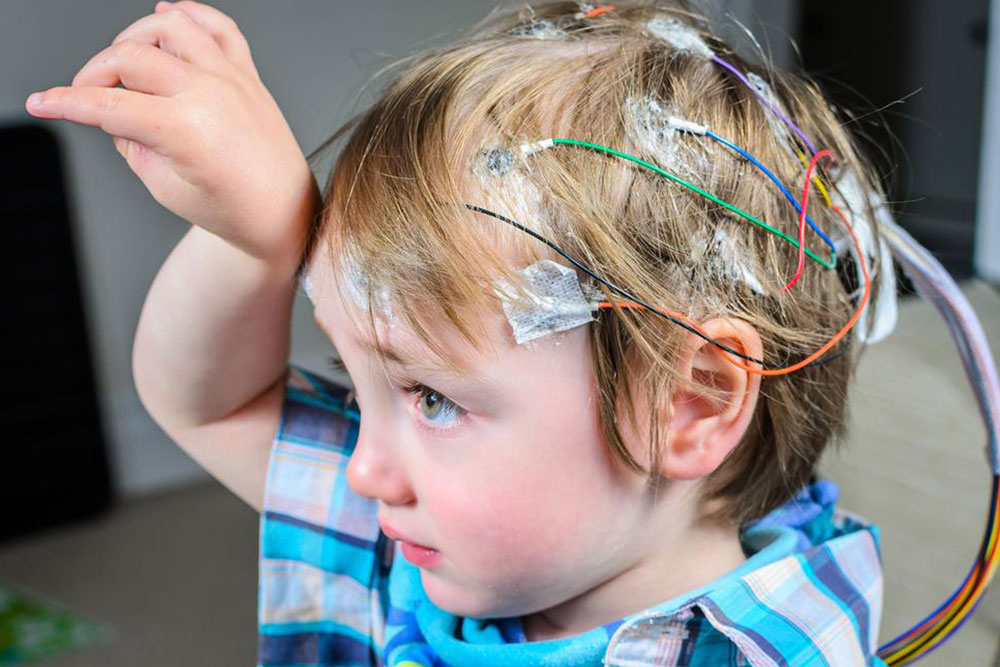Understanding the Different Types of Dementia
This article explores the main types of dementia, including Alzheimer's, vascular dementia, Lewy body dementia, Parkinson's related dementia, Huntington's, and frontotemporal dementia. It describes their symptoms, causes, and progression, helping readers understand these complex conditions. While no cure exists, treatments can alleviate symptoms and improve quality of life. The information aims to raise awareness and assist those affected or caring for loved ones with dementia.

Dementia comprises a collection of conditions affecting brain function, not a single disease. It is often a lifelong issue that worsens with age, with no current cure. While treatments do exist to alleviate symptoms and slow progression, they cannot eliminate the condition. Various forms of dementia affect individuals differently.
Alzheimer's disease
As one of the most prevalent types, Alzheimer's manifests through memory deficits and organizational difficulties, which tend to worsen over time. Additional symptoms include disorientation, speech problems, and poor judgment. Patients may get lost in familiar settings or struggle with daily tasks.
Vascular dementia
Typically triggered by strokes, either major or minor, this form of dementia affects specific brain regions, leading to symptoms such as impaired judgment, memory issues, clumsiness, personality shifts, and communication challenges. Many individuals are unaware they’ve experienced a stroke beforehand.
Dementia with Lewy bodies
The accumulation of protein deposits called Lewy bodies in the brain cortex can cause dementia. Symptoms include reduced attention span, hallucinations, daytime drowsiness, tremors, gait difficulties, and episodes of blackout.
Parkinson's disease dementia
This form arises from Parkinson’s disease's impact on the central nervous system, reducing dopamine levels. It often coincides with Lewy bodies presence, sharing symptoms such as cognitive decline, hallucinations, and motor issues.
Huntington's disease
A genetic disorder, Huntington's develops symptoms between ages 30 and 50, including forgetfulness, poor judgment, reduced concentration, difficulty planning, and reasoning impairments.
Frontotemporal dementia
Damage to brain areas responsible for speech, emotion, movement, and judgment results in personality changes, social inhibition, language difficulties, and balance problems.
Disclaimer: Our blog provides various insights based on research and data. However, the information should not be considered definitive. We do not take responsibility for discrepancies or inaccuracies across different sources. Readers should seek professional advice for medical concerns.










